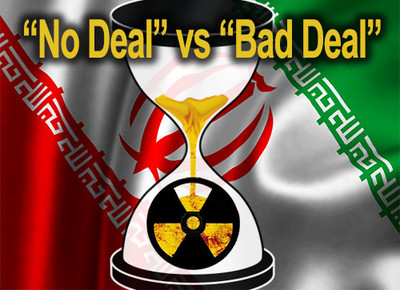Suddenly I like France a whole lot more..
French president vows tough Iran stance in Israel

JERUSALEM (AP) Visiting French President Francois Hollande vowed to maintain his country's tough stance in upcoming nuclear talks with Iran this week, earning praise from his Israeli hosts Sunday as he began a three-day visit to the Jewish state. Israel has repeatedly voiced concern that the emerging deal global powers are negotiating with Iran gives it too much, without guaranteeing that the Islamic Republic's ability to develop a nuclear weapon is eliminated. Hollande vowed to keep up pressure on Iran and not make any concessions regarding nuclear proliferation
French president vows tough Iran stance in Israel | CNS News
Its funny how much the balances have shifted.



